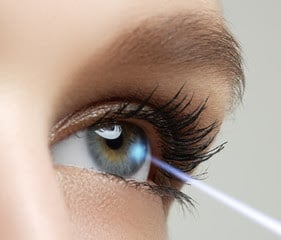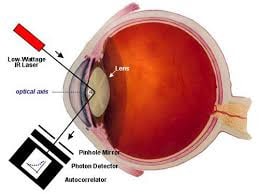Different Types of Glaucoma

Glaucoma is mainly a group of eye disease and quite misunderstood one as well. Sometimes people are unable to realize the severity as it has no symptoms. Some of the facts about Glaucoma are; 10% of all the people who get Glaucoma treatment, unfortunately, still get their vision lost. This disease can only be treated, if detected in the initial stages. Otherwise, there is no way to cure Glaucoma. Whether its babies or senior citizens, both are at risk of Glaucoma. Older people are more likely to get affected by this disease. Glaucoma cannot be detected without any eye examination since it has no symptoms. Perhaps that’s the reason of why it’s known to be amongst the leading causes of blindness. Since Glaucoma itself is a group of diseases, there are several types of Glaucoma Disease, of which, let’s check out the major ones; Open Angle Glaucoma: This is the most common form of Glaucoma that is found in most of the affected people. In fact, 90% of all the Glaucoma cases lie under the umbrella of Open-Angle Type. It is mainly caused by the slow clogging in the drainage canals, which results in increasing eye pressure. People suffering from […]
» Read more


